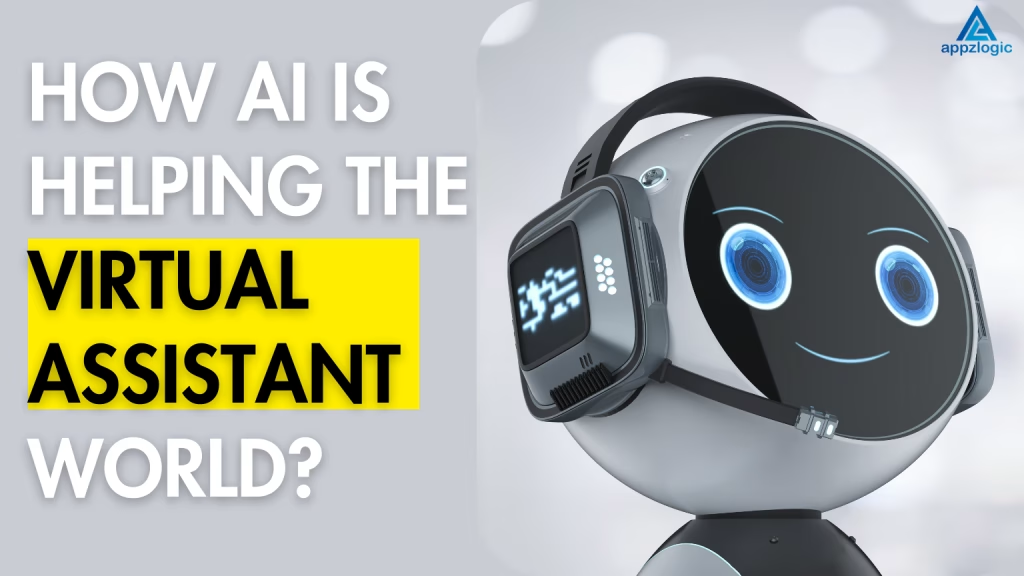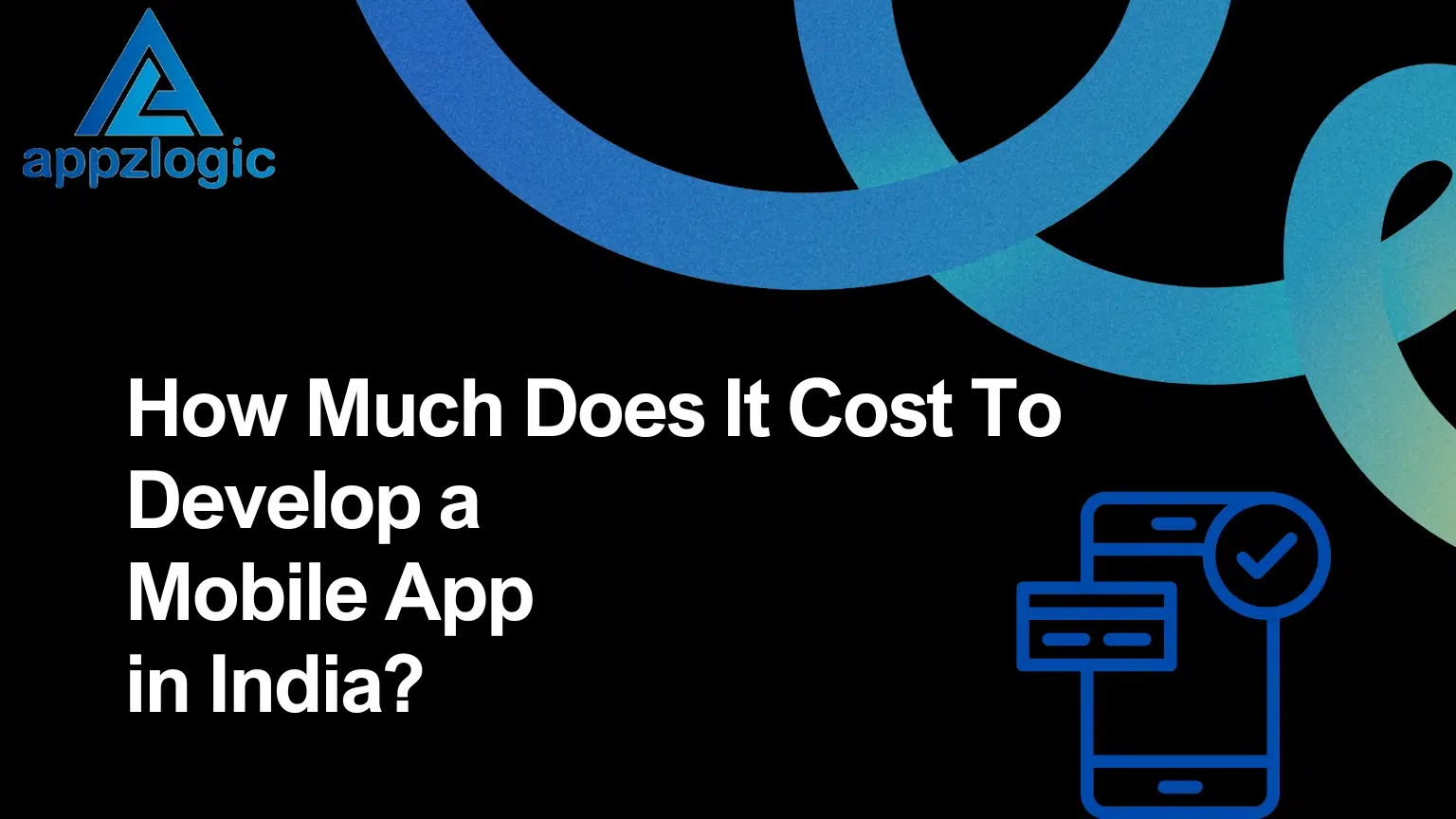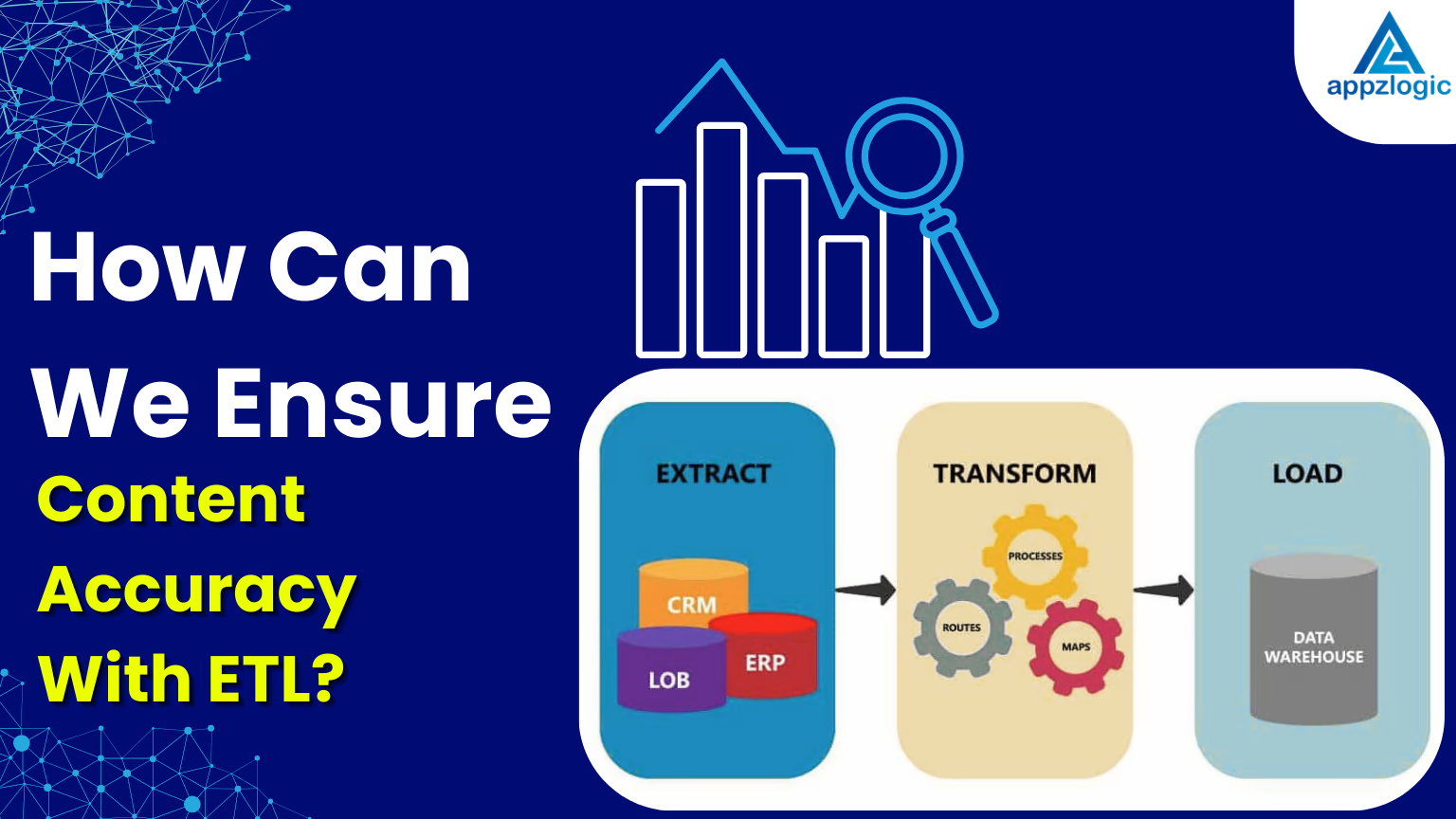
How AI Is Helping The Virtual Assistant World?
AI-powered virtual assistants help individuals and businesses manage tasks efficiently. They significantly enhance efficiency by automating routine activities such as organizing schedules, handling emails, and processing requests.
With AI, people can focus on important tasks while the assistant takes care of repetitive and time-consuming work also AI is transforming industries by automating processes and improving decision-making.
AI is revolutionizing the way Startups operate. AI and ML are driving innovation across multiple sectors and helping them in their growth.
The history of virtual assistant started from the 1960s with ELIZA, a simple rule-based chatbot developed at MIT that mimicked human conversation using pre-defined scripts. While ELIZA wasn’t truly intelligent, it laid the foundation for future advancements.
Fast forward to the 2010s, AI-powered assistants like IBM Watson, which gained fame by winning Jeopardy!, and Apple Siri, the first mainstream voice assistant, emerged. These assistants used more advanced natural language processing (NLP) and machine learning to understand user queries and provide responses.
Today, AI assistants such as Amazon Alexa, Google Assistant, and ChatGPT have taken virtual assistance to the next level. They use deep learning, NLP, and real-time data processing to understand context, personalize interactions, and perform complex tasks beyond simple rule-based responses.
According to Wikipedia into the 2020’s the emergence of artificial intelligence based chatbots, such as ChatGPT, has brought increased capability and interest to the field of virtual assistant products and services.
What is an AI Virtual Assistant?
An AI Virtual Assistant is a software program that uses artificial intelligence (AI), natural language processing (NLP), and machine learning (ML) to interact with users, understand commands, and perform tasks. These assistants can communicate via text or voice, making them useful for a wide range of applications.
Key Features of AI Virtual Assistants:
- Voice and Text Interaction: Users can communicate through speech or text.
- Natural Language Understanding (NLU): AI interprets and understands human language.
- Task Automation: Can set reminders, send messages, make calls, and control smart devices.
- Personalization: Learns user preferences and provides tailored responses.
- Continuous Learning: Improves over time using machine learning.
Famous AI Virtual Assistants:
- Siri (Apple): Provides voice assistance on Apple devices.
- Alexa (Amazon): Controls smart home devices and answers queries.
- Google Assistant: Helps with search, scheduling, and automation.
- ChatGPT (OpenAI): Engages in conversations and assists with a variety of tasks.
These AI assistants are widely used in smartphones, smart home devices, customer service, and business automation, making daily tasks easier and more efficient.
Benefits of AI Virtual Assistants
AI virtual assistants offer numerous advantages by boosting efficiency and saving time. By handling these routine activities, they allow individuals and businesses to focus on more strategic and creative tasks, ultimately improving productivity.
One of the biggest advantages of AI virtual assistants is their 24/7 availability. Unlike human assistants, they do not require breaks or rest, ensuring uninterrupted service. This makes them particularly useful for businesses that need constant customer support or assistance across different time zones. Their ability to respond instantly enhances customer satisfaction and engagement.
Another key benefit is personalization. AI virtual assistants learn from user interactions and preferences, offering tailored recommendations and responses. Whether it’s suggesting relevant products, curating playlists, or reminding users of important tasks, their adaptability makes them valuable for both personal and professional use.
Businesses also leverage AI virtual assistants for workflow automation and smart decision-making. They streamline operations by integrating with various applications such as CRM systems, email platforms, and data analytics tools. By analyzing large amounts of data quickly, they provide insights that help organizations make informed decisions, ultimately enhancing efficiency and overall user experience. Nova AI is the best example of AI helping businesses.
AI assistants make your day-to-day task easier by scheduling meetings, setting reminders and help you to avoid double booking. These assistants integrate with calendars to avoid conflicts, ensuring smooth workflow management. With automated scheduling, you never have to worry about missing important appointments or rescheduling errors. Platforms like Google Assistant and Microsoft Cortana offer these capabilities, improving workplace efficiency.
AI Agent helps in Reducing the Time Spent on Mundane Tasks
These assistants handle routine responsibilities such as answering calls, scheduling appointments, and providing customer support. By managing these repetitive tasks, AI-powered assistants allow employees to focus on more complex and strategic activities. They also ensure quick responses, enhancing customer satisfaction and overall productivity. Companies like Amazon Alexa for Business help automate business communication and administrative tasks.
AI Agent helps in Task Automation
AI-powered tools can manage emails, sort and analyze data, update records, and handle document processing. This automation eliminates manual effort, reducing errors and saving valuable time. With AI assisting in these tasks, professionals can dedicate their energy to decision-making and high-priority projects. Tools like Zapier and UiPath offer workflow automation solutions that integrate with various business applications.
AI-Powered Virtual Assistants Help
AI-driven assistants continuously improve by learning from user interactions and adapting to preferences. They can provide personalized recommendations, automate workflows, and streamline operations. Whether in business or personal life, AI assistants enhance efficiency by reducing human intervention in repetitive processes.
Personal Assistant for Better Organization
A personal assistant powered by AI can help manage daily schedules, track important deadlines, and send timely reminders. These assistants can also provide useful suggestions, such as optimal meeting times or travel arrangements, based on user habits. By keeping everything organized, they enhance productivity and reduce stress.
Conclusion
AI assistants enhance efficiency by automating tasks, minimizing manual workload, and improving organization. Whether scheduling meetings, managing calls, or handling emails, AI-driven assistants simplify work and boost overall performance. Businesses and individuals can leverage AI-powered tools to stay competitive and manage their daily activities more effectively.
Nowadays, easy and secure payment processes are essential for any mobile app, especially Android apps. Integrating a payment gateway not only improves user convenience but also builds trust and enhances your app’s credibility. Whether it’s for e-commerce, subscriptions, or digital wallets, seamless payment integration is key to delivering a reliable and user-friendly experience.
Frequently Asked Questions
An AI virtual assistant is a software program that uses artificial intelligence to help individuals and businesses automate tasks like scheduling, email management, and customer support.
Yes, AI assistants can manage calendars, set reminders, schedule meetings, and prevent conflicts by integrating with scheduling tools.
Yes, they use machine learning to adapt to user preferences, improve responses, and provide personalized recommendations over time.
AI is designed to assist rather than replace human assistants, allowing them to focus on complex tasks while AI handles repetitive work.




